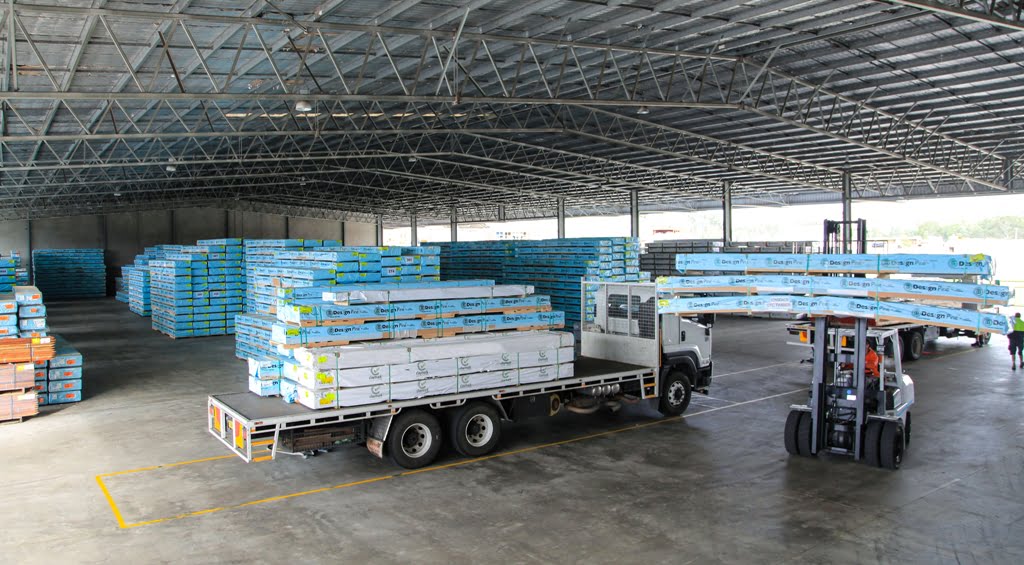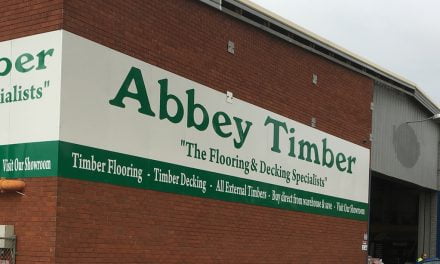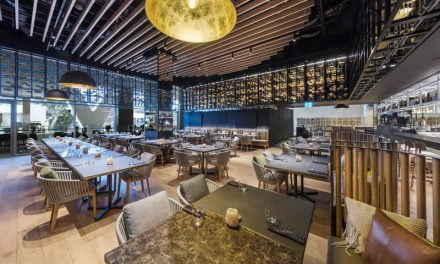The proposed merger between Mitre 10 and Home Timber & Hardware (HTH) could bring about real change to the timber industry, providing new opportunities for merchants and creating genuine competition for big box corporates.
While Bunnings remains king of the hardware castle, its focus is primarily on the DIY customer, whereas Mitre 10 and HTH have predominantly focused on a tradie customer base. A merger could boost the company’s combined stores to 800-900 nationwide, making them a future major player in the industry and giving Bunnings some serious competition.
“The competitive advantage that Mitre 10 and HTH currently have is within their trade offering, which is huge, because they are both nimble and responsive,” retail industry analyst Rob Lake told TimberTrader News earlier this year.
“Experience and service are currently the two things that independent merchants can ‘out-gun’ Bunnings on.”
But would a Mitre 10/HTH merger benefit independent merchants, or is the move a counterproductive one?
The Australian Competition and Consumer Commission (ACCC) has announced a public review of the Metcash (owner of Mitre 10) acquisition plan of Home Timber & Hardware (owned by Danks Holdings Limited), and has been asking for submissions from the hardware sector about how the proposed merger may affect competition in the industry before deciding whether to allow the two wholesalers to combine forces. While the merger may at first appear to be anti-competitive, with some claiming that the competition watchdog would never allow it, other industry leaders believe the move could be a good thing for independents, giving them the kind of clout that would allow them to compete with hardware giant Bunnings.
A merger would provide better buying power and greater choice for independents, according to Colin Fitzpatrick, CEO of TABMA.
“I think the merger is probably a good thing for the industry because it gives Bunnings competition,” Fitzpatrick says. “Obviously the only competition they’ve had in recent times is Masters, and we all know what happened there. So I think that if it goes through it will be good for the industry and good for the consumer.
“As long as they purchase well, independent timber merchants have a great future, because they’re the experts. If I were going to buy a load of timber tomorrow, I would go to a timber merchant. I certainly wouldn’t go to a big box outlet.”
Stronger together
Consolidation of suppliers is the way of the future, according to Paul Shadbolt, Managing Director of ITI, Australia’s largest independent timber distributor.
“If the independents – who are my customers – wish to survive, there must be consolidation, because without scale, you cannot have the required investment and you can have the reduction in channel costs that are required to be cost competitive against a big box corporate,” Shadbolt says.
“We need scale; the whole industry needs scale at a wholesale level. The truth of the matter is that ITI shouldn’t be a timber wholesaler. ITI should be a complete wholesaler. There is no option but to pursue it.”
The survival of ITI is reliant on the survival of independents, and Shadbolt knows that in order to remain viable his company must do everything it can to assist its customers, including reducing channel costs.
“Think data transfer, what goes on the truck, how many sales reps call on merchants,” he says. “The days of a merchant sitting there and having 15 sales reps wander through his door, they’re over. Do we want to have 15 sales reps in the channel or do we want to have five or do we want to have two? Eventually the channel has to pay for it.
“How many sales reps do Bunnings have? None. They do head office deals – they don’t want to see the sales reps. Once the deal is done, all those other sales costs are taken out.
“The point is, do we want to send dozens of trucks running around the countryside to deliver what a supply merchant needs every day – is it intelligent to have a timber truck, a nail truck, a paint truck, all that arrive half loaded? Or do you think we should have one truck? The question is – do we want to survive or don’t we? It’s not a question of will we or won’t we, it’s a question of what will happen if we don’t? Independents won’t survive.”
Shadbolt believes that every one of ITU’s acquisitions has been a key milestone for ITI. And for now he plans to continue that strategy and continue to build scale.
“I think the mergers will get bigger. I think the warehouses will get bigger. Will ITI always be a consolidator, or will it, at some stage, make absolute common sense to be consolidated? It will be whatever is sensible.”
Cooperate or perish
Hand in hand with consolidation goes cooperation. While competitive pressure is a natural part of business, there are also ways that businesses can better work together to ensure the benefit of the independents.
“There’s competitive tension of course,” Shadbolt says. “But it’s unfortunate when competitive tension is to the detriment of a sector. It holds the gate open for a big box competition.
“I think it would be fabulous if we just had more cooperation. A prize example – if we could have cooperation of electronic data transfer [EDT] between businesses it would have very significant lowering of channel costs.”
ITI’s data entry costs today are the same as they were when they were 15 per cent this size, Shadbolt says.
“It’s all managed through EDT – we don’t have to enter so much data anymore because we receive a significant amount of it electronically,” he says. “The mere concept of the timber industry having anybody sitting in front of a keyboard entering data that was already sitting in somebody else’s system, it’s ridiculous. Of course, the big boxes don’t have this cost, because of their scale – it all flies through. If the independents want to be as good as they can be, if they want to survive, we need scale at a wholesale level and we need cooperation to deal with these sorts of issues.
“If we can, I think we can be a lot more successful. I think that if we don’t achieve some level of reduced channelling costs though channel cooperation then likely we’ll get run over. It’s the reality. It might take 20 years but it’s likely to be what happens.”
For now, the consolidation of Mitre 10 and HTH is in the hands of the ACCC. If the merger does go ahead and if it is to be beneficial to the independent merchant sector in Australia, a focus on customer experience and merchant expertise is essential.
While nothing is likely to knock Bunnings off its mighty perch any time soon, a continued focus on growth and consolidation of independent suppliers and a consecutive reduction in their channelling costs will ensure that independent merchants can continue to be viable.
“I hope like heavens that we can continue to advance, particularly into the new electronic age,” Shadbolt says. “You see what’s happening with companies like Uber – the disruptors. I feel there’s inevitability about all of that having some impact at some stage – not just the timber industry but the building supply industry.”











